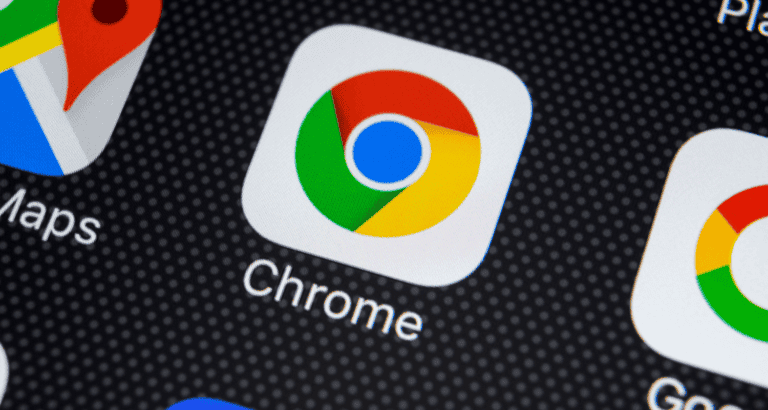OpenAI is preparing to launch its web browser, competing with Google Chrome. The browser, which OpenAI is expected to launch within a few weeks, is based on Chromium. This is the open-source software on which Chrome and other popular browsers are built.
According to Reuters, this choice will allow OpenAI to maintain control over the browser structure and gain direct access to user data. This is a crucial element for training their AI models.
The new browser will be deeply integrated with ChatGPT and AI agents such as Operator, which can perform tasks on behalf of users within the browser itself. Think of making reservations, filling out forms, finding the best deals, sending messages to customers, or other actions that would usually be done manually. Instead of redirecting users to external websites, certain interactions take place within a chat-like interface. In this way, the browser acts as a digital assistant that actively thinks and acts.
Damage to Alphabet could be significant
OpenAI aims for a fundamental shift in internet usage. The browser is part of a broader strategy to integrate the company’s AI services into both personal and professional user lives. The stakes are high. Google Chrome, with 3.45 billion monthly users, plays a central role in collecting user data for Alphabet’s advertising ecosystem. If even a fraction of the 400 million weekly ChatGPT users switch to OpenAI’s browser, it will have a significant impact on Google’s advertising revenue.
The strategic importance of this move lies not only in market share but also in data access. Since AI systems such as OpenAI’s require a constant stream of new data to become smarter, having its own browser provides a direct and continuous flow of user information. OpenAI’s decision to opt for a full-fledged browser rather than a plug-in stems from its desire to have maximum control over this data stream.
The development of the browser follows earlier steps by OpenAI to position itself more broadly. In May, the company acquired AI hardware company io for $6.5 billion. Additionally, OpenAI hired two former Google executives last year who had previously worked on the development of Chrome.
Google has not announced any plans to sell Chrome. However, the company is facing increasing antitrust pressure. The US government accuses Alphabet of having an illegal monopoly on the search and advertising market. OpenAI has previously indicated that it would be interested in acquiring Chrome if it became available due to legal pressure.
